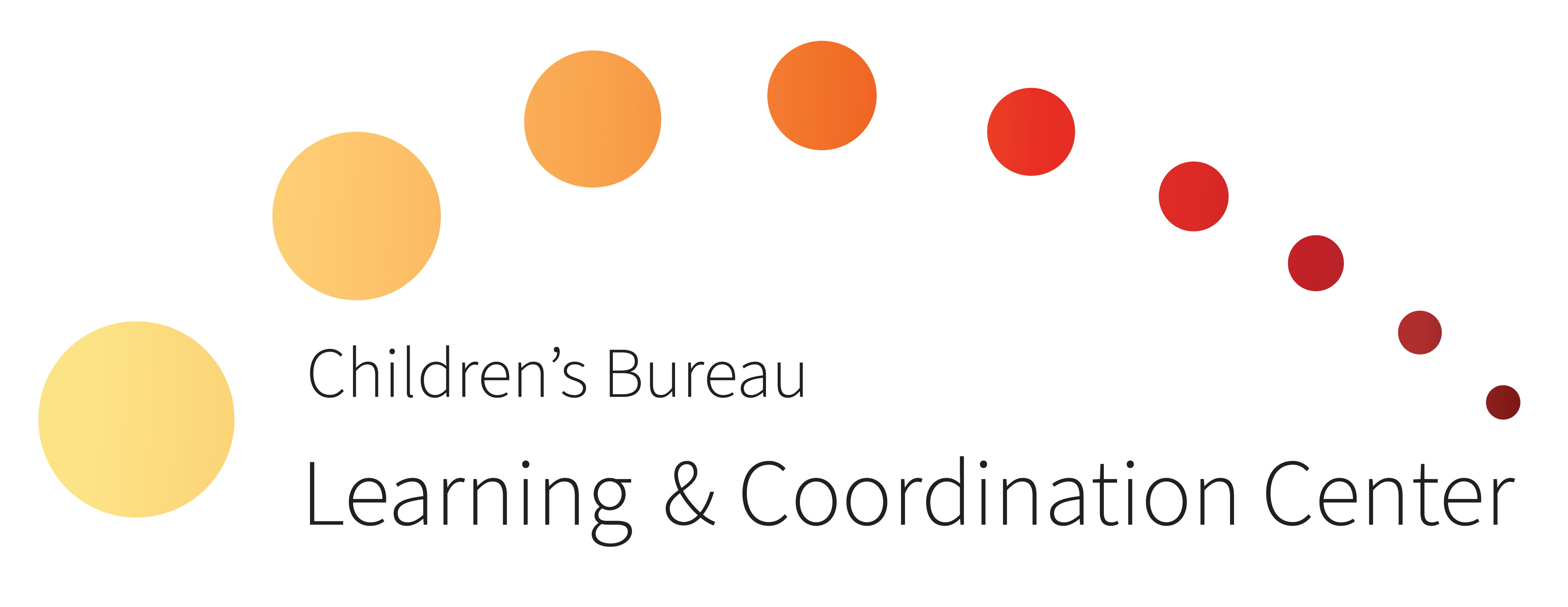- Home
- •
- Topic Areas
- •
- Child Welfare Innovations
Child Welfare Innovations
Child Welfare systems are beginning to reimagine the role that they can play in the lives of children and families. This innovation stream focuses on new approaches around kinship care, birth parent foster parent partnerships, and well-being for children and families involved with child welfare.
Featured Resources

Birth Parent & Foster Caregiver Partnerships: A Family Systems Perspective
Grounded in family systems theory, this module explores the important relationships among birth parents, foster caregivers, and child welfare staff, along with family systems concepts that can help to make these partnerships successful. (ILM)

Social Media Resources for National Adoption Month
To raise awareness of National Adoption Month, CBLCC developed several captivating social media messages to use in your own e-mails, newsletters, presentations, or other tools, or share directly to your Facebook page.

Caring for Kinship Caregivers
In 2018, 2.7 million children were being raised in a kinship care family without a parent present—either with grandparents, aunts/uncles, siblings, or close family friends. While kinship caregivers provide essential support to children, many frequently need support to carry out this added responsibility effectively. (47:07)
Complete List of Resources
Videos and Social Media
- NEWSocial Media Resources for National Adoption Month
To raise awareness of National Adoption Month, CBLCC developed several captivating social media messages to use in your own e-mails, newsletters, presentations, or other tools, or share directly to your Facebook page. - NEWSocial Media Resources for National Foster Care Month
Please use our social media resources and messages to promote National Foster Care Month in your informational materials.
Tools and Tipsheets
- Birth Parent & Foster Caregiver Partnerships: A Family Systems Perspective
Grounded in family systems theory, this module explores the important relationships among birth parents, foster caregivers, and child welfare staff, along with family systems concepts that can help to make these partnerships successful. (ILM)
Digital Dialogue Recordings
- NEWBuilding Brighter Futures: Helping Youth in Foster Care Successfully Transition to College
A conversation with Dr. Sebrena Jackson, founder of the National Social Work Enrichment Program (NSEP), giving youth in foster care the skills they need to not only survive in college, but thrive in life. - Promoting Healthy Behaviors for Kinship Caregivers
Kinship caregivers often prioritize their children's needs before caring for their own, often delaying their own medical appointments and medication to purchase shoes for children, transportation, and food. Learn more about kinship caregiver health and an approach to working with kinship caregivers that emphasizes self-compassion and self-care. Created by a multi-disciplinary team of doctors and social workers, the Time for Me Toolkit helps peer navigators to support and provide psychoeducation to caregivers around six pillars of health management (Healthy Eating, Being Active, Healthy Sleep, Healthy Coping, Medical Adherence, and Self-Monitoring). - Caring for Kinship Caregivers
In 2018, 2.7 million children were being raised in a kinship care family without a parent present—either with grandparents, aunts/uncles, siblings, or close family friends. While kinship caregivers provide essential support to children, many frequently need support to carry out this added responsibility effectively. - Building Birth and Foster Parent Relationships to Promote Reunification
Hear from two representatives of the Birth and Foster Parent Partnership (BFPP) as they share their experiences in building and supporting meaningful partnerships.

